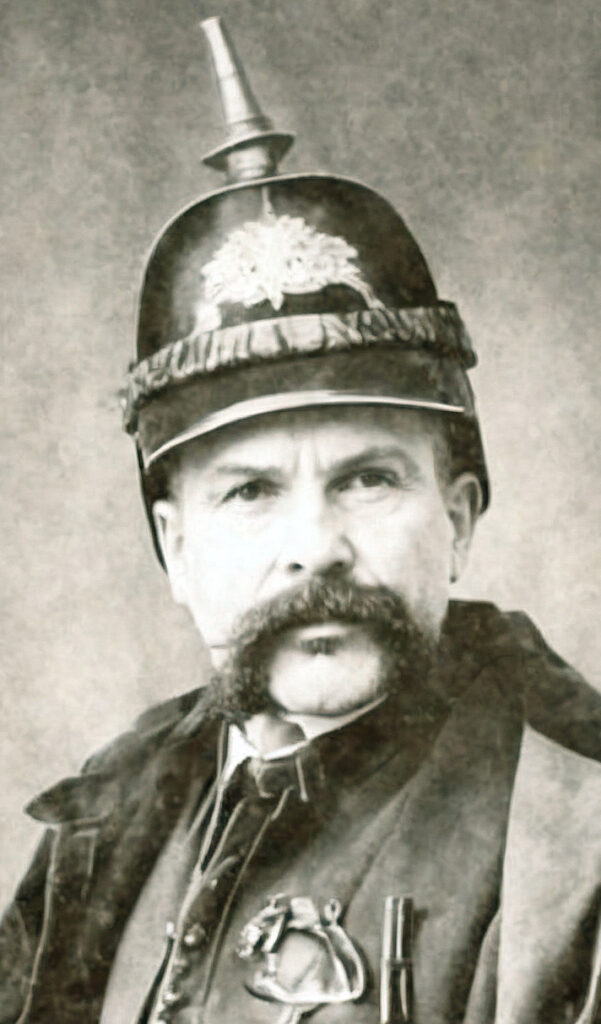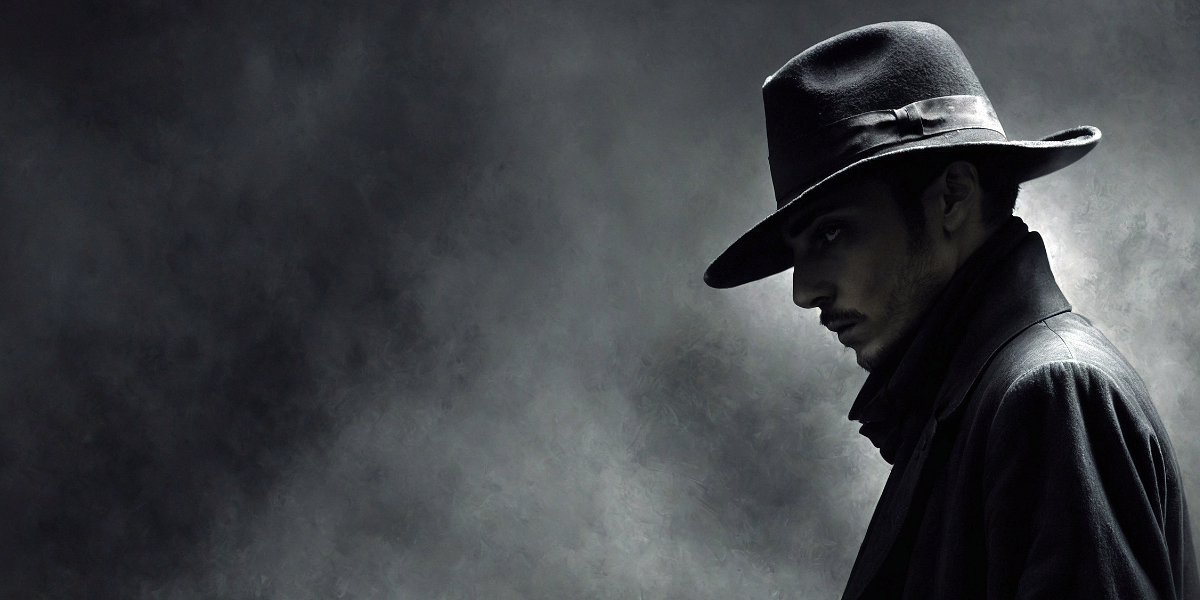‘Jack the Ripper’ suspect jailed in New Orleans
Scotland Yard identified several key suspects in the infamous White Chapel murders of 1888. Today, few recall that the only American suspected of being “Jack the Ripper” was jailed in New Orleans before moving to London.
According to The Daily Picayune, on Tuesday, March 22, 1881, “Henry Govan, an employee of the United States District Attorney’s Office, was confronted on Canal Street by a tall, eccentric yet gentlemanly-looking man, who asked him several questions about himself. The man asked Govan to partake in some liquid refreshments. For that purpose, they entered Weager’s Saloon, where the pair remained in a pleasant commune for an hour before making plans to meet again the following morning.”
Henry Govan told police the next day that he did not keep the breakfast date. Leaving his residence at 339 Bienville Street, he intentionally took another route to Custom House, the office building housing the District Attorney’s office. However, when Govan arrived, his acquaintance from the previous night stood waiting for him at the corner of Decatur and the Custom House driveway.
Govan said the two men smoked cigars together that morning before he entered his office to begin his workday.
When Govan reached his office, he noticed his pocketbook missing, along with seventy-five dollars in gold coins. Since he had encountered no one else while walking to work, he visited the police, saying his friend was an obvious pickpocket.
The desk sergeant advised Govan to find the pickpocket and whistle for the nearest corner policeman to arrest him. Instead, Govan hired a New Orleans private detective, David O’Malley, to track the man down.
The story gets interesting when Detective O’Malley delivers the accused, a man wearing a flamboyant military-style coat and hat and sporting a sizeable handle-bar mustache, to Third Street station. There, the man introduced himself as Dr. Francis Tumblety.
Dr. Tumblety arrived wearing two massive solitaire diamond rings, three cluster diamond rings, and a magnificent gold chain and watch. He produced large amounts of cash, stocks, and bonds, explaining he had no reason to steal from anyone.
Detective O’Malley told police that the doctor admitted to stealing the pocketbook. O’Malley also reported seeing burglary tools in the doctor’s rented room and convinced a judge to sign a search warrant to investigate further.
In the room, police found no burglary tools, only thirty dollars in gold coins wrapped in a newspaper sitting on a bedside bureau.
The landlady who let them in described Tumblety as a perfect gentleman, highly educated, and prompt in paying his rent. She said the doctor arrived in New Orleans the Friday before Mardi Gras and had remained since. She later told newspaper reporters the “Indian Herb doctor received many visits, principally from young men between the ages of sixteen and twenty, with whom he appeared quite intimate, some of them remaining with him all night.”
In the doctor’s room, police found decorations and awards, including the Legion of Honor, the Iron Cross of Prussia, crosses from the Emperor of Austria and the Prince of Wales, along with a gold medal awarded by the citizens of Montreal, Canada, for services rendered and for his scientific skills. A proclamation dated the medal as March 4, 1859. The award’s inscription read, “He gives light to those who sit in darkness.”
Police also discovered a newspaper clipping describing Dr. Tumblety’s arrest related to the assassination of President Abraham Lincoln.
On May 5, 1865, Secret Service agents detained Tumblety in St. Louis, Missouri, Before transferring him to Washington, D.C., on orders of Edwin Stanton, the United States Secretary of War, for alleged complicity in the assassination. Investigators believed Tumblety was an associate of David Herold, a man captured with John Wilkes Booth. Tumblety denied the association, and the government released him without charge on May 30, 1865.
Sixteen years later, Henry Govan filed charges against the doctor for being a pickpocket. Additionally, David O’Malley signed an affidavit recounting the doctor’s confession.
When Dr. Tumblety appeared before Judge J. C. Miltenberger on Friday, March 25, 1881, The Picayune described him this way:
“Dr. Francis Tumblety is a man apparently 55 years of age, with gray hair and a mustache which he dyes black. He stands six-foot-two in his stockings and dresses in a dress naval uniform with a white and blue naval cap. He is a man of means. All persons he had contact with unite in pronouncing him a highly educated man who has seen much of the world.”
In court, Dr. Tumblety explained that Henry Govan had not told everything that had happened. The cigar meeting near Govan’s work, he said, had never taken place. The doctor said Govan paid him in gold coins for services rendered. He said Govan paid him that morning inside Dr. Tumblety’s room, where both had spent the night.

Wednesday, March 30, 1881, The New Orleans Item reported, “Judge Miltenberger discharged Dr. Francis Tumblety yesterday, stating the doctor’s arrest was improper. He also had David O’Malley arrested and delivered to New Orleans Criminal District Court for carrying a concealed weapon into the courtroom.”
In 1996, police officers Stewart Evans and Paul Gainey compiled historical research into a book entitled “Jack the Ripper: First American Serial Killer,” showing that Tumblety resided in London’s East End during the three-month murder rampage of Jack the Ripper.
London’s Metropolitan Police, they reported, arrested Tumblety on November 7, 1888, for “gross indecency,” apparently for having been caught engaging in a homosexual encounter, which was illegal at the time.
Awaiting trial on this charge, they said, Dr. Tumblety learned that Scotland Yard was interested in him concerning the recent murder spree in Whitechapel and fled. Scotland Yard inspectors had learned of a party Tumblety hosted where he displayed the organs of multiple women.
When Scotland Yard found him in New York City, the New York City Police blocked extradition, saying: “There is no proof of his complicity in the Whitechapel murders, and the crime for which he is under bond in London is not extraditable.”

